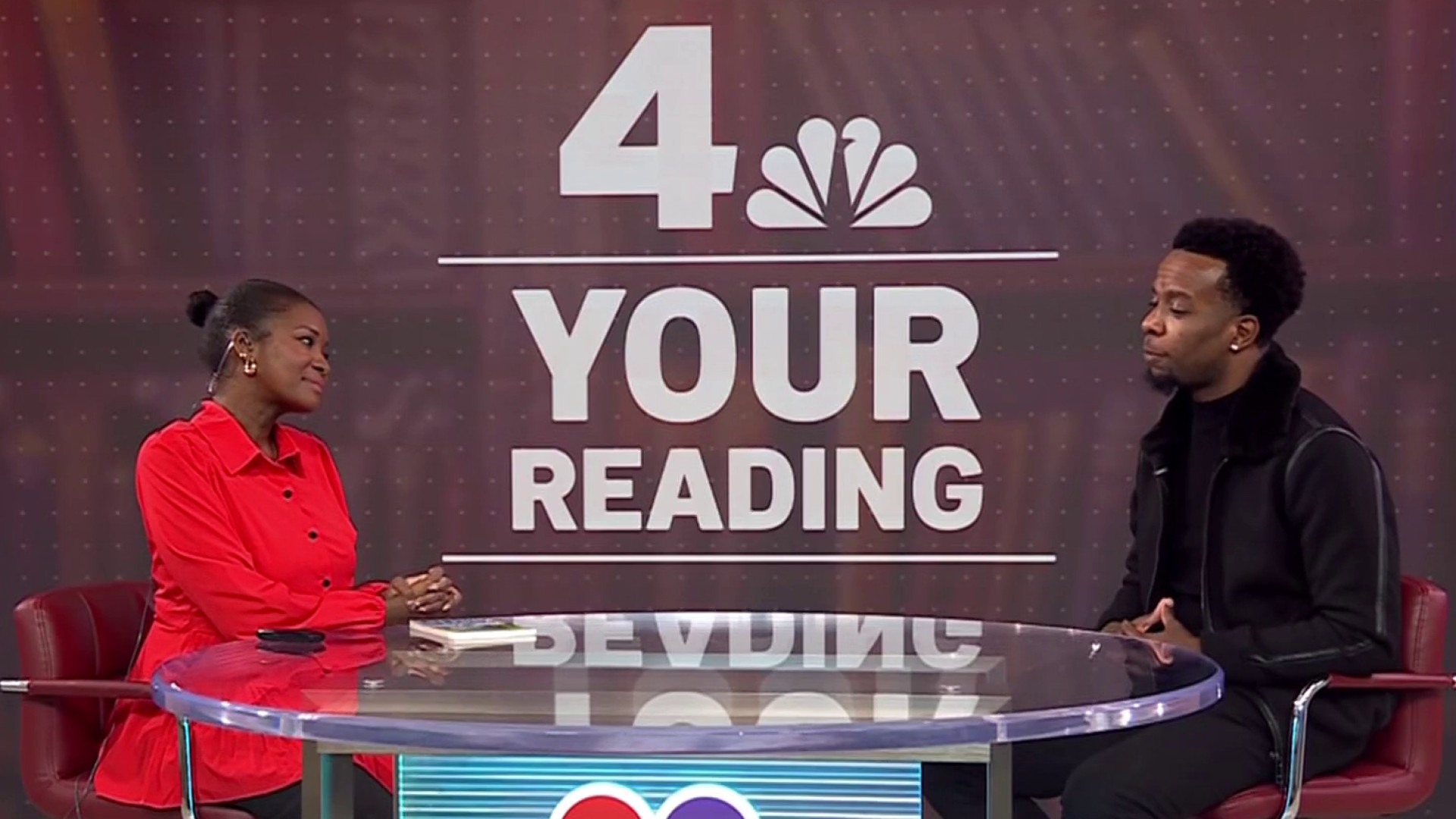Three federal appeals court judges focused Tuesday on whether favors then-Virginia Gov. Bob McDonnell did for a wealthy benefactor amounted to "official acts" that led to his convictions on 11 public corruption counts.
McDonnell's attorney urged a 4th U.S. Circuit of Appeals panel to overturn the convictions, arguing that the former governor only provided routine "ingratiation and access" that courts have upheld as legal. A prosecutor argued that the trial judge properly instructed the jury on the definition of an official act, which he said can include meetings McDonnell arranged for a vitamin executive who was seeking state-backed research on his company's signature product.
The appeals court usually takes several weeks to rule. The panel's decision can be appealed to the full appeals court or the U.S. Supreme Court.
McDonnell and his wife, Maureen, were convicted in September of taking more than $165,000 in gifts and loans from Star Scientific Inc. CEO Jonnie Williams in exchange for promoting the tobacco-derived anti-inflammatory Anatabloc. The former governor was sentenced to two years in prison, his wife to one year and one day. They remain free on bond while they pursue separate appeals.
"There's nothing that's been done here that violated the law," McDonnell told reporters outside the courthouse after the hearing. "I know that in my heart and my soul."
McDonnell, once a rising star in the national Republican Party, drew a randomly selected panel of three judges nominated by Democratic presidents: Diana Gribbon Motz and Robert B. King, who were named to the bench by Bill Clinton, and Stephanie D. Thacker, who was nominated by President Barack Obama.
However, the dozens of former elected officials who have supported McDonnell's appeal in friend-of-the-court briefs are nearly evenly divided between Democrats and Republicans, suggesting partisan ideology is unlikely to drive the court's decision.
Local
Washington, D.C., Maryland and Virginia local news, events and information
The judges vigorously questioned both prosecution and defense lawyers, focusing mostly on the official-acts issue. McDonnell attended or hosted Anatabloc promotional events and arranged meetings with administration officials for Williams, who never received the research or any other tangible benefit as a result.
McDonnell's attorney, Noel J. Francisco, said that under the government's legal theory "an official act could encompass something as innocuous as a photo op." Allowing the convictions to stand under such a sweeping interpretation of the law could make virtually every elected official a target for prosecution, he said.
Justice Department attorney Richard D. Cooke argued that McDonnell was trying to suggest that a meeting cannot be an official act, which he said is clearly not true. He also alluded to the gifts and loans that McDonnell never denied receiving.
"A bribery agreement is more than ingratiation and access," Cooke said.
Prosecutors have argued in court papers that the case is a classic quid pro quo, the Latin term meaning one thing for another. Motz noted at one point that the "quo is much thinner" than the quid, but prosecutors have argued that a bribery scheme doesn't have to be successful to be illegal.
King invited Cooke to comment on the government's argument in briefs that the McDonnell case is stronger than that of former U.S. Rep. William Jefferson of Louisiana, who was convicted of taking more than $500,000 in bribes and was sentenced to 13 years in prison. Jefferson's convictions were upheld by the Richmond-based appeals court.
Cooke said McDonnell's actions were "squarely in the realm of what state government does" while Jefferson was convicted of bribery involving foreign government officials over whom he had limited influence.
The two sides also sparred over whether Spencer adequately questioned jurors about pretrial news coverage of the case, which dominated headlines in the state for more than a year before the trial.
Francisco said jurors were asked only whether they had expressed an opinion about the case based on news reports, not whether they had formed one. Cooke said the judge offered an opportunity for more detailed questioning if given a reason, but defense lawyers didn't pursue it.
The oral arguments did not cover McDonnell's other claims, including that he and his wife should have been tried separately and that the jury should have been allowed to hear expert testimony about an unusually generous immunity deal Williams received in exchange for testifying for the prosecution.
Cameras were not allowed in the courtroom. To download the audio of today's proceeding, click here (mp3).



